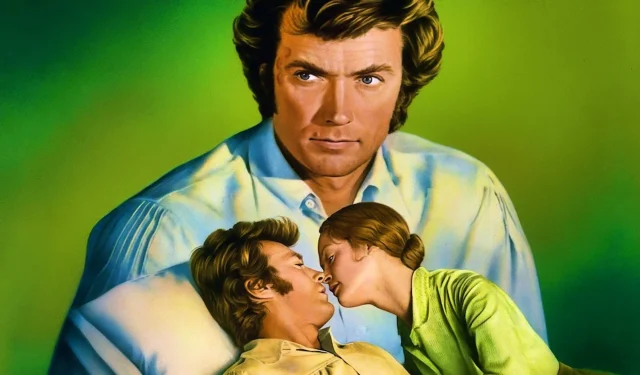
In a striking departure from his iconic macho persona, Clint Eastwood took a bold risk in the 1971 thriller The Beguiled. While many believe that Eastwood rocketed to stardom with the Dollars trilogy, his ascent was gradual, taking several years before he became a household name in America. The pivotal moment in his career came with the release of Dirty Harry, a groundbreaking film that challenged norms and generated controversy. Later that year, Eastwood collaborated with director Don Siegel again for The Beguiled, which masterfully blends Southern Gothic, romance, and psychosexual undertones.
Clint Eastwood: Beyond the Western Hero in The Beguiled
Eastwood Portrays a Complex Character
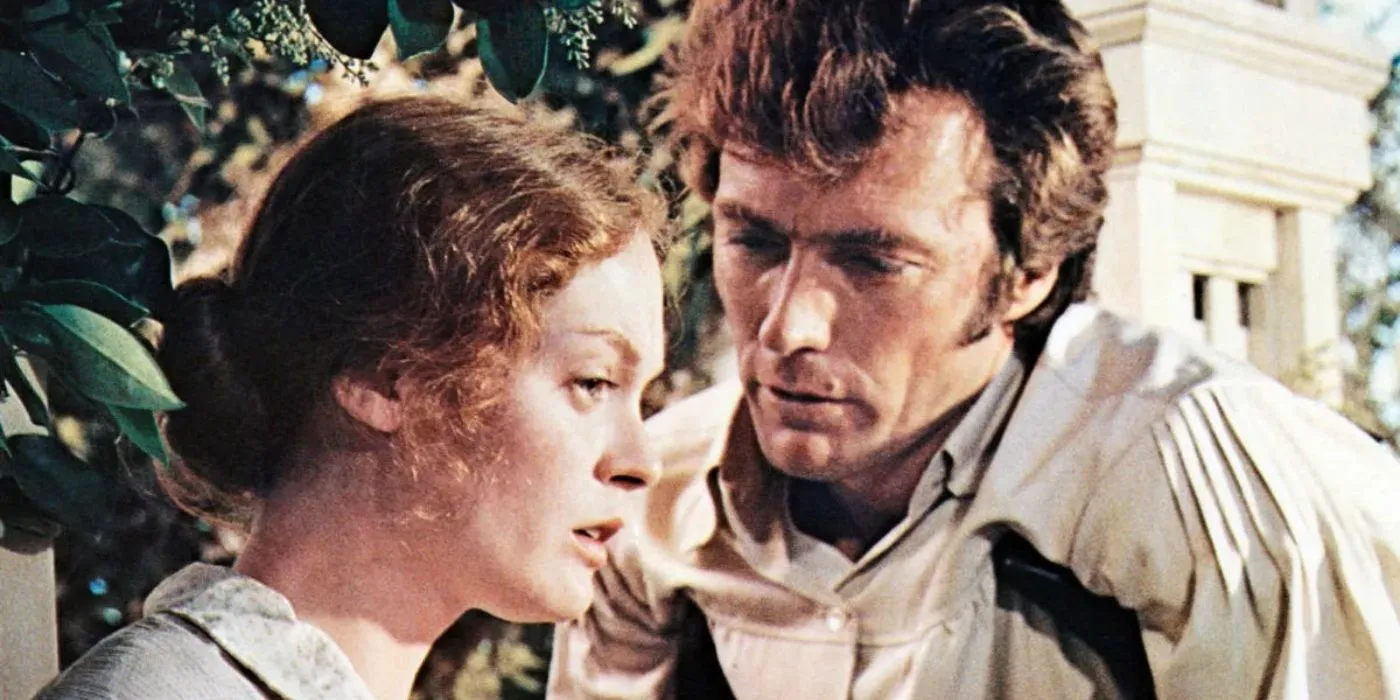
Contrary to audience expectations set by promotional material featuring Eastwood’s character, Corporal McBurney, brandishing a weapon, he diverges sharply from roles like the Man with No Name or Dirty Harry. McBurney is neither a hero nor a true antagonist; rather, he emerges as a manipulative figure who exploits the vulnerable dynamics among the women at a Confederate boarding school. As the story unfolds, Clint’s portrayal highlights a complex character study, culminating in a moment of emasculation when Martha (played by Geraldine Page) amputates his injured leg, symbolizing the consequences of his actions.
The risks Eastwood embraced in The Beguiled were significant, given his established identity as an action star. His character’s morally ambiguous side and self-serving behavior starkly contrast the heroic roles that audiences came to expect. While he had aimed to explore more nuanced characters akin to those portrayed by Dustin Hoffman, Eastwood later reflected that viewers were resistant to seeing him in such a “loser”light. Yet, he did occasionally revisit similar roles, notably in the 1982 film Honkytonk Man.
The Beguiled: A Misstep and a Milestone in Eastwood’s Career
Dirty Harry Outshines The Beguiled in 1971
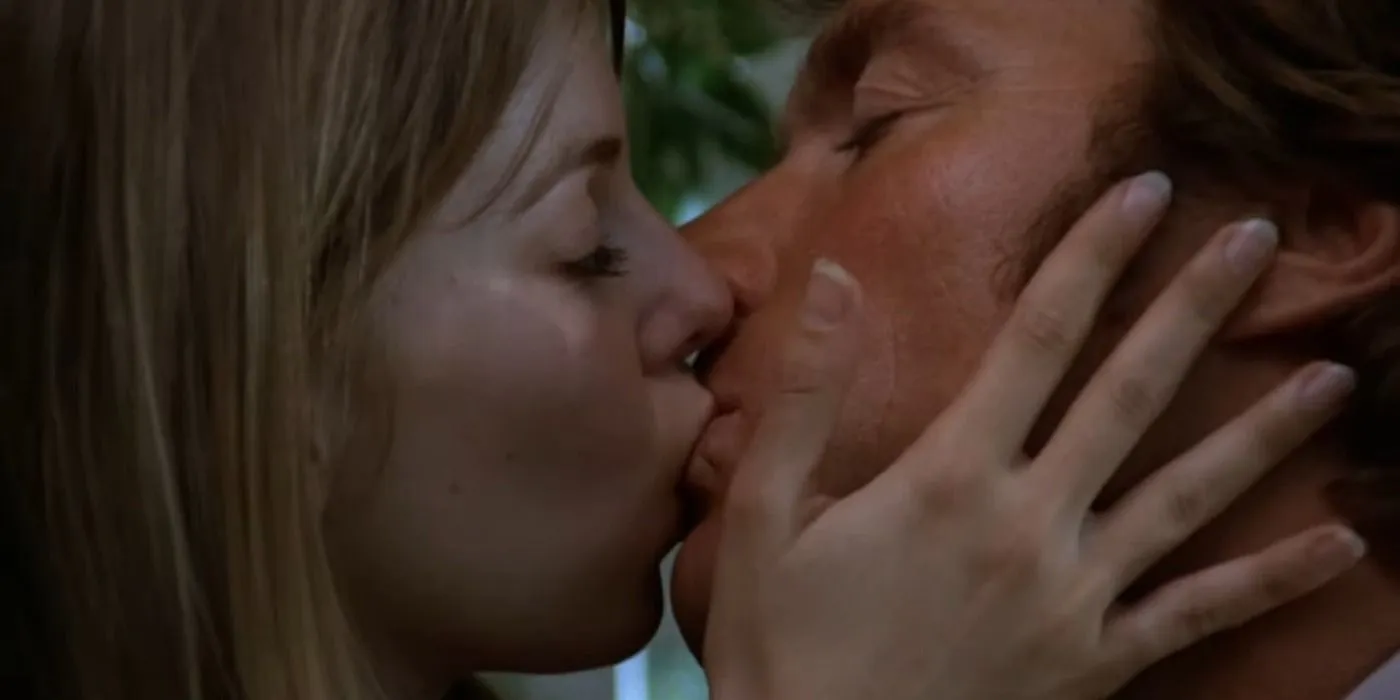
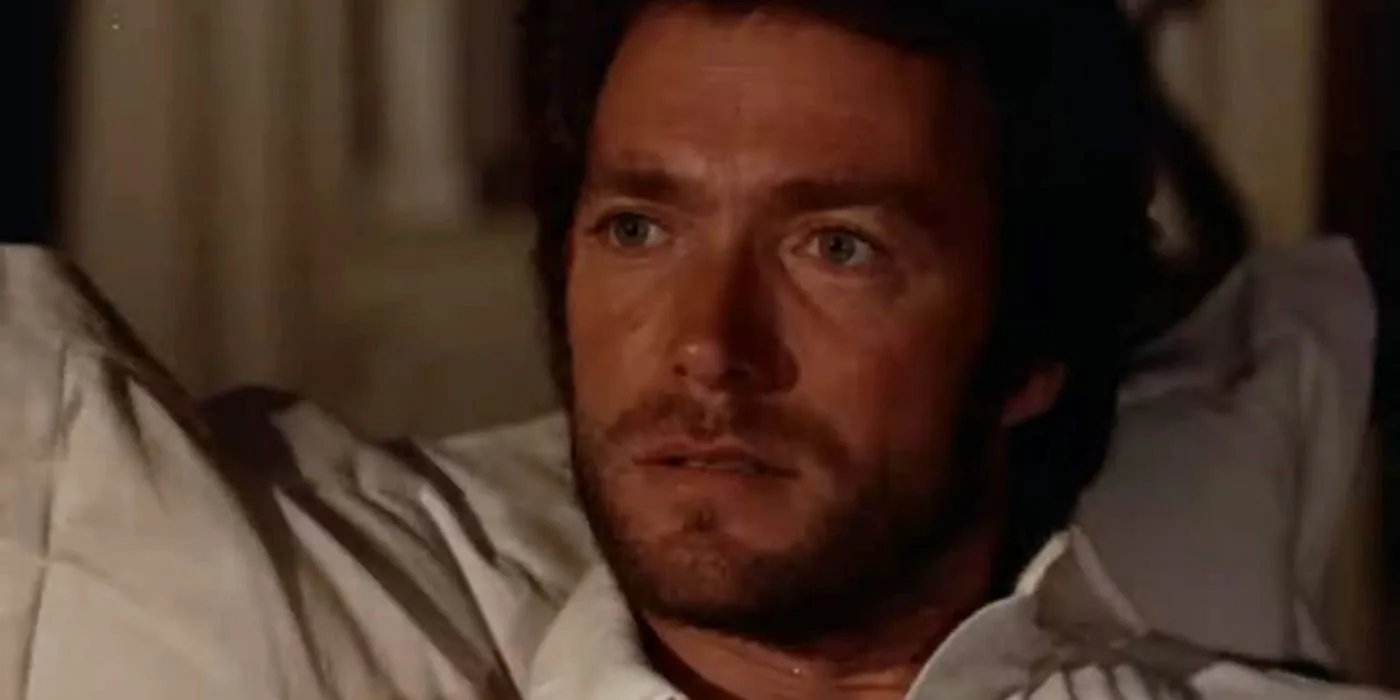
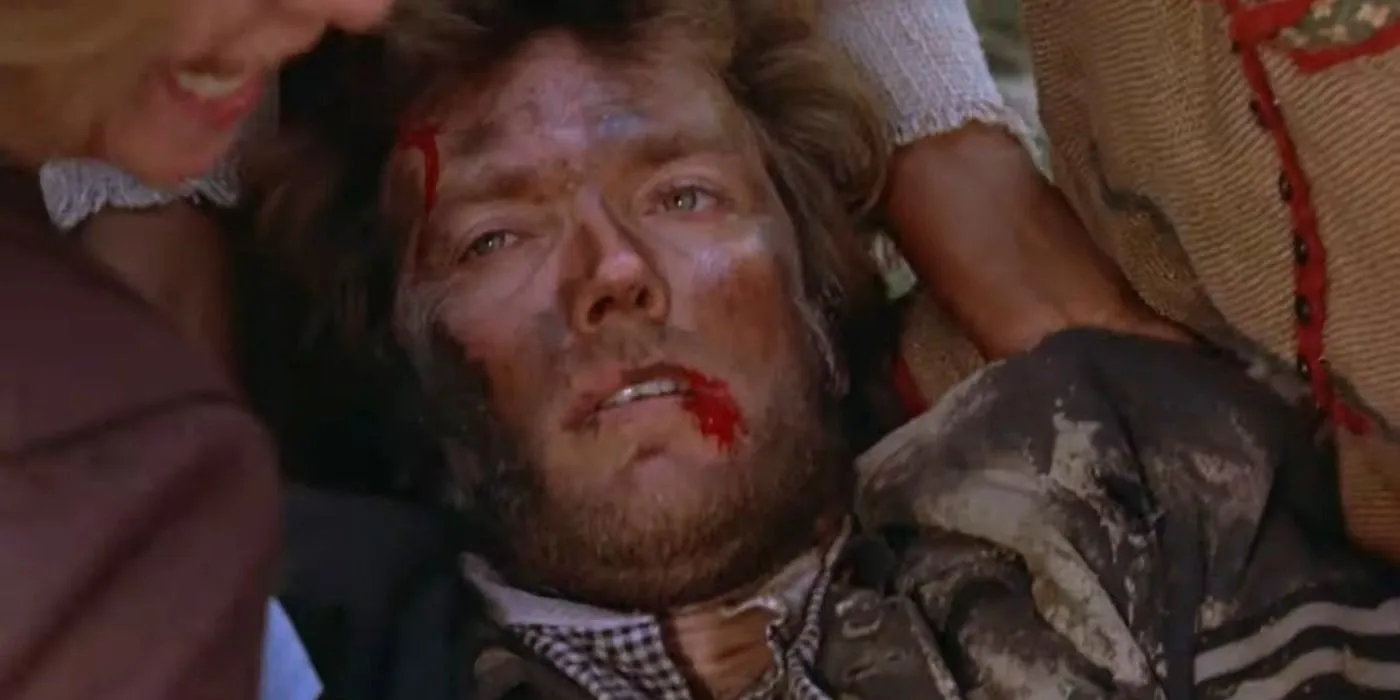
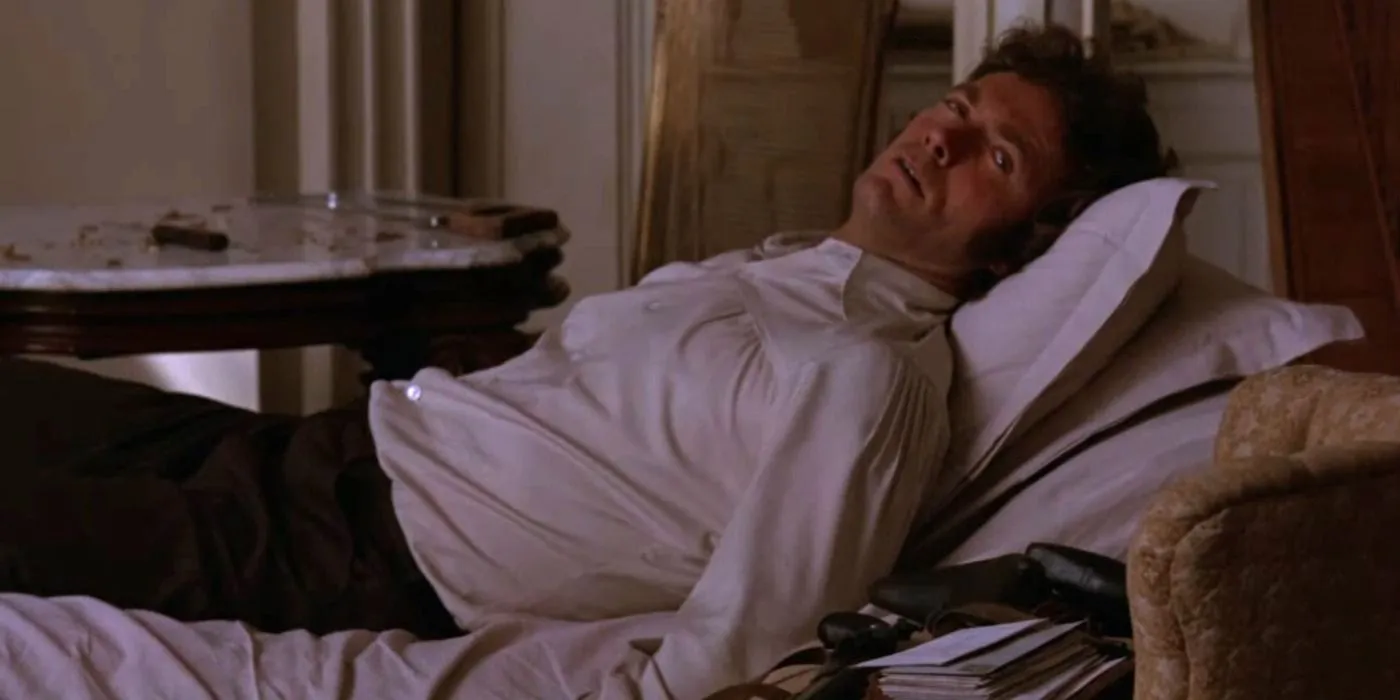
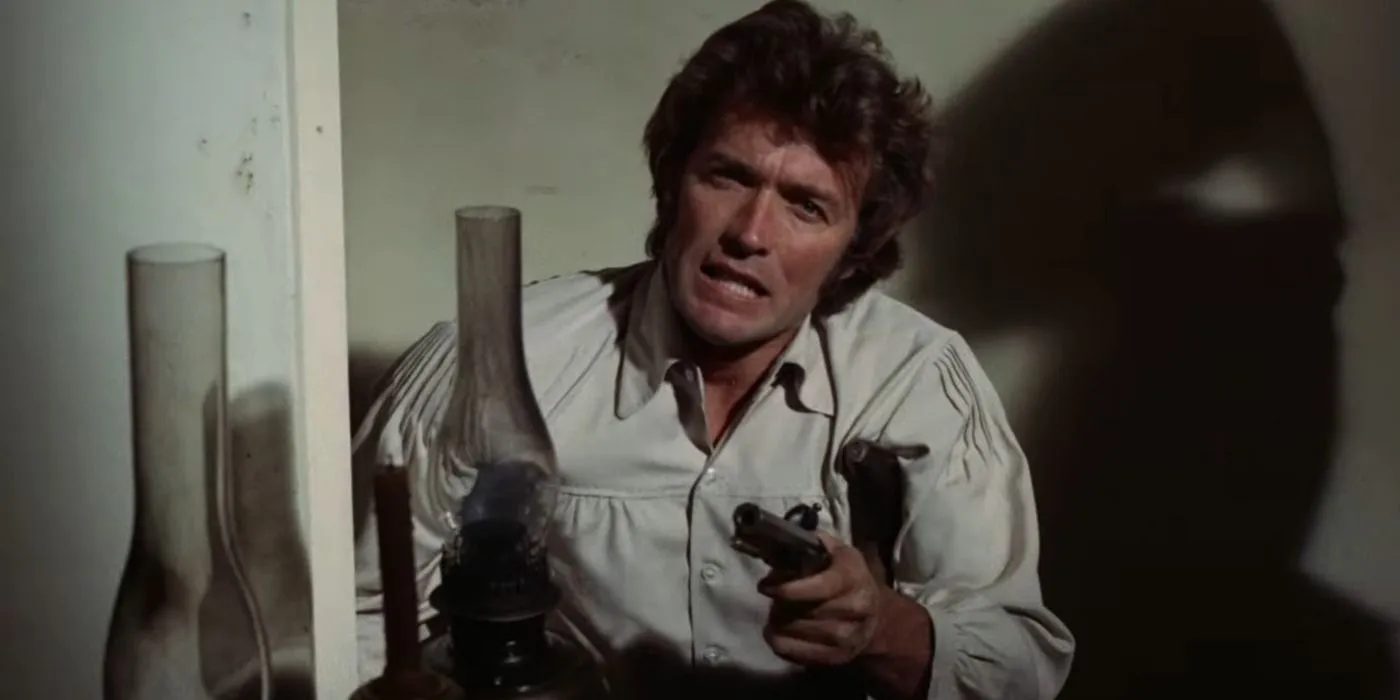
The Beguiled, which hit theaters in May 1971, was met with disappointing box-office results, subsequently grossing just over $1 million (as noted by Box Office Mojo). Eastwood attributed its underperformance to a confusing marketing strategy, but it is clear that its eccentric storytelling likely alienated mainstream audiences. Fortunately for Eastwood and Siegel, their collaboration on Dirty Harry, released later that year, solidified their reputations, becoming a defining landmark of Eastwood’s career. While The Beguiled remains a peculiar episode in Eastwood’s filmography, it is far from negligible.
Despite its initial failure, The Beguiled stands out as one of Eastwood’s paramount films of the 1970s. It showcases his ability to navigate roles that deviate from his established typecast, revealing his range as an actor. In this film, Eastwood delivered a performance that alternated between charm and unease, embodying a character that, while flawed, is masterfully written. Ultimately, his experience with The Beguiled may have led him to believe that certain characters weren’t suitable for him, but it undeniably remains one of his most intricate works. The value of cinema is not solely determined by box-office success, and even with The Beguiled failing to meet commercial expectations, it remains a significant achievement in Eastwood’s illustrious career.
The film was reimagined by director Sofia Coppola in 2017, with Colin Farrell stepping into the role made famous by Eastwood.
Sources: Charlie Rose, Box Office Mojo




Leave a Reply